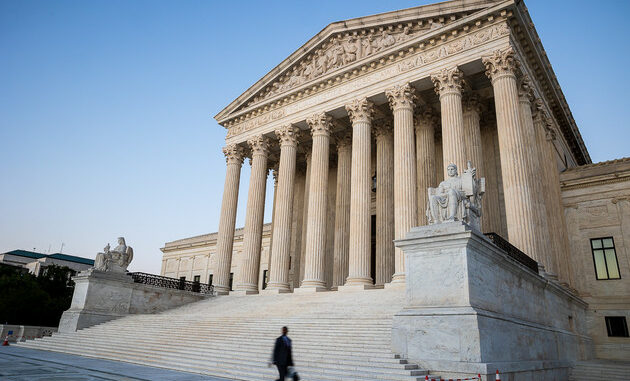
In a deeply polarizing decision, the United States Supreme Court has granted an emergency request by President Donald Trump to resume deportations of migrants to third-party countries, such as South Sudan, without prior detailed notification or adequate opportunity to contest their removal.
The ruling temporarily halts a lower court directive that found such practices unconstitutional, igniting sharp dissent from the Court’s liberal justices. Justice Sonia Sotomayor lambasted the move as enabling “lawlessness,” accusing the government of sidestepping due process and defying earlier judicial orders.
Human rights groups have decried the decision as a dire rollback of protections, particularly under the Convention Against Torture, warning of immediate dangers to migrants potentially returned to unstable nations. The litigation arose following reports that several migrants, including those from Cuba and Vietnam, were detained in Djibouti without legal access and were bound for unfamiliar and volatile countries.
The Trump administration, buoyed by the ruling, signaled an aggressive ramp-up in deportations, with Department of Homeland Security officials hailing the verdict as a victory for immigration enforcement.
Legal experts have described the ruling as part of a broader pattern, with the Supreme Court increasingly permitting emergency actions that favor executive authority in immigration matters. While the ruling is not final, it has immediate practical consequences, enabling the Trump administration to bypass safeguards in deportation proceedings. Lower courts, however, continue to wrestle with related cases, leaving the legal landscape uncertain. Meanwhile, migrant advocacy groups remain on high alert, bracing for what they call a humanitarian crisis precipitated by policy overreach.
